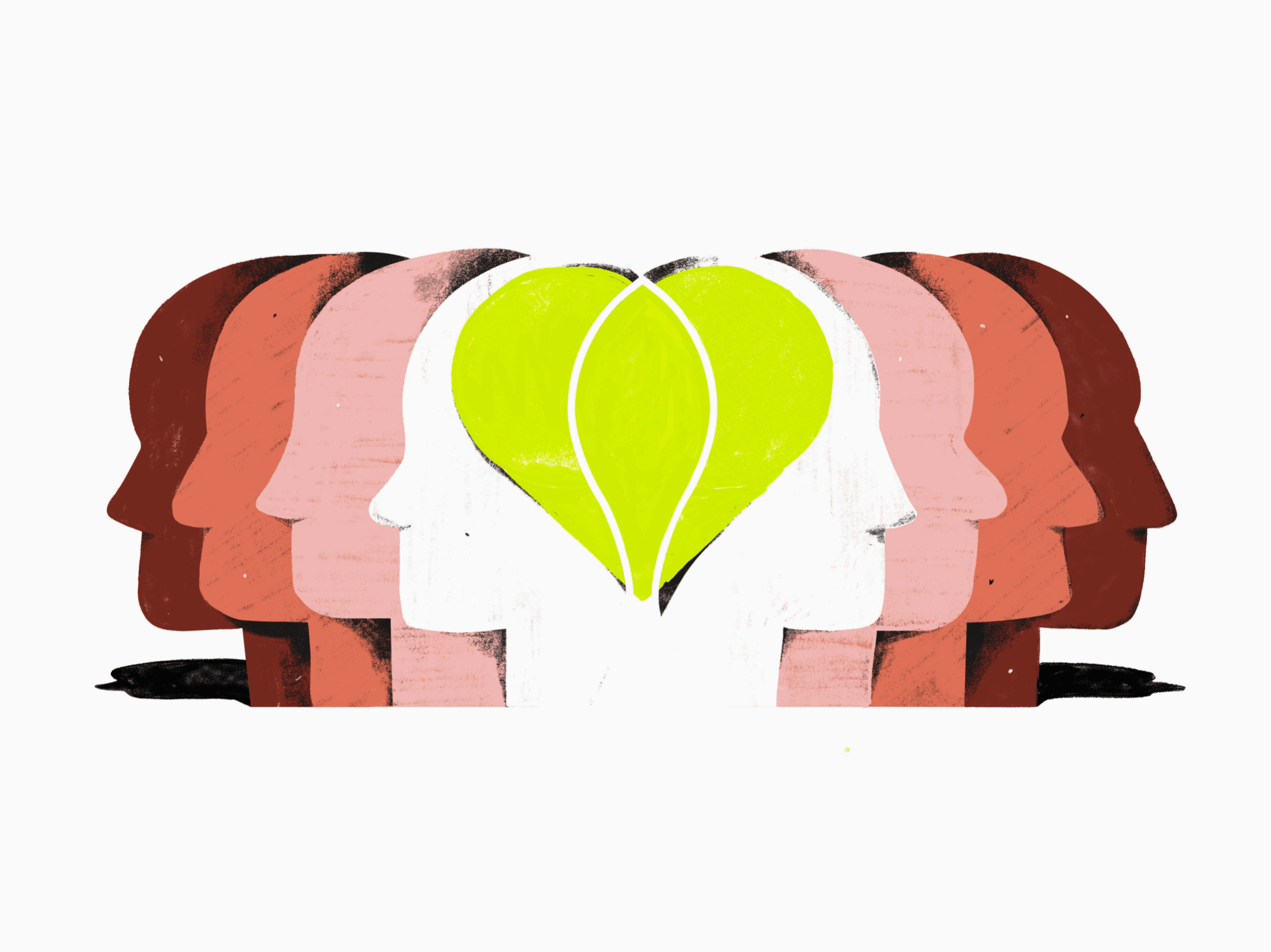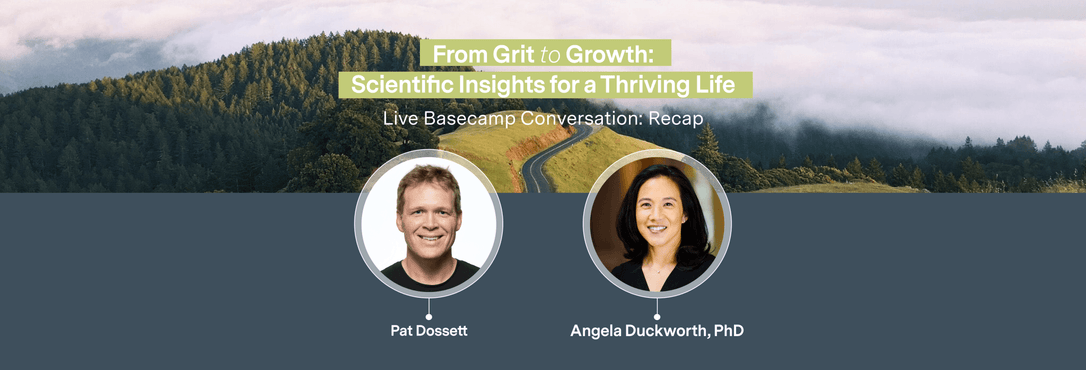Calls with friends and family are filled with hope, excitement, and anticipation again. You’re planning for birthdays, holidays, and vacations. Wedding invites are going out. Dinners with friends are back in your social rotation. School and organized sports are resuming. The pace of life is beginning to speed up again and the variety gives energy to the previously monotonous days.
For most of us, though, the effects of this past year still linger. The stresses and fear of unemployment, sickness, and isolation don’t disappear overnight. You may still be waiting for a vaccine, waiting to feel like yourself again, waiting to reconnect with friends and family.
Wherever you are on this spectrum is okay. You are in control of how you respond. You are in control of how you move forward from this past year.
We have compiled three Gratitude tips to help YOU transition post-COVID.
Start with Gratitude. Yes, gratitude. This isn’t about giving “thanks” to this past year that’s been filled with challenges. It’s an orientation, a state of being in which you are able to recognize the good things in life, even during difficult times.
And it’s the best place to start! Why? Thanks to decades of scientific research we know that gratitude exerts a powerful influence over our social, physical, and mental health.
1. Understand what Gratitude is/isn't.
Gratitude is not soft stuff. It’s a character strength that enhances your well-being and benefits society as a whole. Dr. Robert Emmons, a leading researcher on gratitude, found subjects in a study who kept a weekly gratitude journal were 25% happier after ten weeks. “Gratitude is just one piece of achieving mental health - but we know it’s a very powerful one,” says Dr. Andrew Huberman, Madefor’s Lead Scientific Advisor. And recent research provides evidence that gratitude improves happiness, increases resilience, and helps lower stress and anxiety.
2. Remember the good.
If the past year has been an especially challenging one, it may be difficult to find large milestones that you’re thankful for, and that’s okay. Start small. Did you reconnect with an old friend on the phone? Did your neighborhood rally around each other with birthday parades? Did you get to spend unexpected time with your children? When you do this exercise, it doesn’t mean that you forget the hard times, it just means that you remember the good times too. When you live in a state of gratitude, everything doesn’t magically get easier, and it doesn’t mean that you never feel the pressure and pain of daily living. It just means that you can see the world with a broader frame of reference and refocus on what’s important. Also, increasing your positive thought patterns will actually release all those feel-good hormones and lower the stress hormones.
3. Reframe the bad.
It’s time to train your brain to find the silver linings. Take it a step deeper by trying to look at the challenges differently. Think of ONE THING that didn’t go your way last year and try to reframe it to find the positive. When you engage in this reframing practice, you are actually training your brain to better respond to future negative events when they happen to you. When you do this exercise, make sure to get specific with the details. Huberman suggests that the more vividly you place yourself in the story, the greater brain rewards you’ll reap. “I think of a gratitude practice like an exercise practice,” he says. “In other words, you can do jumping jacks where you’re just flopping up and down and probably get some minor benefit. But it’s not going to be much. Whereas if you really put your attention on it, and snap those jumping jacks up there, you’re going to get a very different effect on your cardiovascular system. It’s the same thing with gratitude: Nothing gets results in the brain like specificity.”
By focusing on gratitude, you’re likely to see the ripples of change throughout your entire life. For some, gratitude will come easily, but for others it may be a struggle. The truth is we are hardwired to expend greater neural activity around the bad thoughts than the good ones; it’s a primitive brain response that our ancestors used as a survival mechanism. But when you practice gratitude, you’re redirecting your modern day brain. You’re reframing your point of view, and choosing not to be bothered by small hassles, like bad traffic, dishes in the sink, and so on.
Put these tips into action.
Take some time to think about the three tips above and maybe even write down a reminder (either in your phone, on your fridge, or in your journal) to move forward this week with a lens of gratitude. Then, head over to our social media to share about a struggle, challenge you’ve had over the past year and how you reframed it to see the good.



